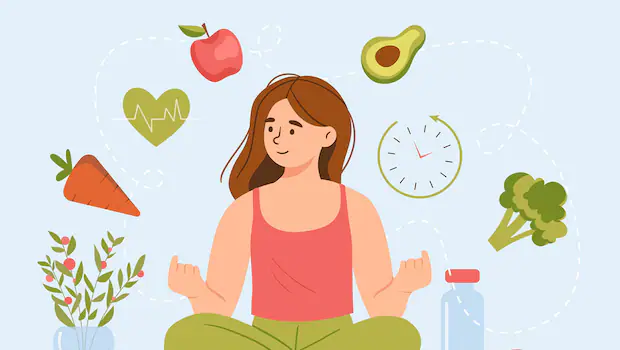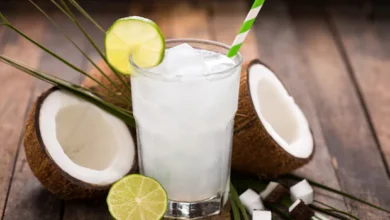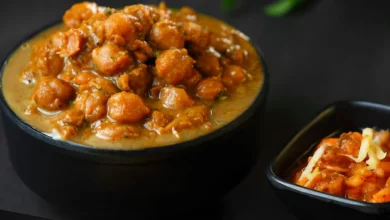What Is The Whole Foods Diet? Learn All About Foods To Eat And Avoid
Choose more whole foods in your daily diet to get the maximum nutrition and health benefits from the food you eat.

If you are trying to get healthier or fitter, then you may be hunting for the “perfect” diet. However, many diets vary based on your age, medical history, diet preferences, lifestyle, where you live and so on. This can make it tricky to follow some diets, while others may not work particularly well for you. In such a case, you can simply get fitter and healthier by changing your approach to eating foods. One such approach is following the whole foods diet, in which the idea is not to follow any particular diet based on carbs or calories. Rather, it simply revolved around eating more of whole foods, and less of processed foods. Sounds simple? Read on to learn what to eat and what to avoid when following the whole-food approach to eating.
What Are Whole Foods?
It is important to be able to understand and identify whole foods to change your eating approach. Rupali Datta, a Clinical Nutritionist, explains, “When we say whole foods we mean foods like whole grains, fresh seasonal vegetables, fruits and unpolished pulses. Foods that are least processed contain the maximum nutrients and add health to food. They are also loaded with protective fibre and phytonutrients which help protect against NCD (Non-Communicable Diseases).” The idea is to eat foods that are as close to their natural, unprocessed form as possible. So, for example, instead of packaged tomato sauce with a long list of ingredients you don’t understand, you can prefer fresh homemade tomato puree. Here are some whole foods to include in your diet:
- Whole grains
- Fruits
- Vegetables
- Poultry
- Seafood
- Eggs
- Plain yoghurt
- Cottage cheese
- Cheese
- Nuts and seeds
- Legumes
- Milk
Understanding The Whole-Foods Diet
The whole foods diet is not a traditional diet, like the Mediterranean Diet or Keto Diet. Instead, it focuses on how natural vs. processed are the foods you choose to include in your diet. According to Harvard, although there are plenty of packaged food options for those on a plant-based diet, such as imitation meat burgers and kale chips, whole foods are still the best option. Similarly, if you want to eat non-vegetarian, choose fresh meat instead of processed options.
Almost All Foods Are Processed To Some Extend
As you gradually switch to a whole-food diet, you will learn that almost all foods are processed to some degree or another. So, you need not cut off everything from your diet. Simply, avoid or reduce the consumption of highly processed foods. It is ok to eat lightly processed foods such as canned and frozen fruits and vegetables without added sugar and excess salt.
Foods To Avoid
Switching to a whole-food diet can be done easily by preferring to eat fresh, home-cooked meals. While you make these meals, choose fresh and seasonal ingredients, instead of packaged sauces and other pre-packaged processed foods. Avoid anything with excessive sugar or salt in it. Some foods to limit or avoid include:
- Chips
- White bread
- Frozen pizza
- Frozen chicken nuggets
- Hot dogs
- Baked goods like commercial cakes and cookies
- Microwave meals
- Sugary chocolates and candies
- Frozen desserts
- Soda and other sweetened beverages




